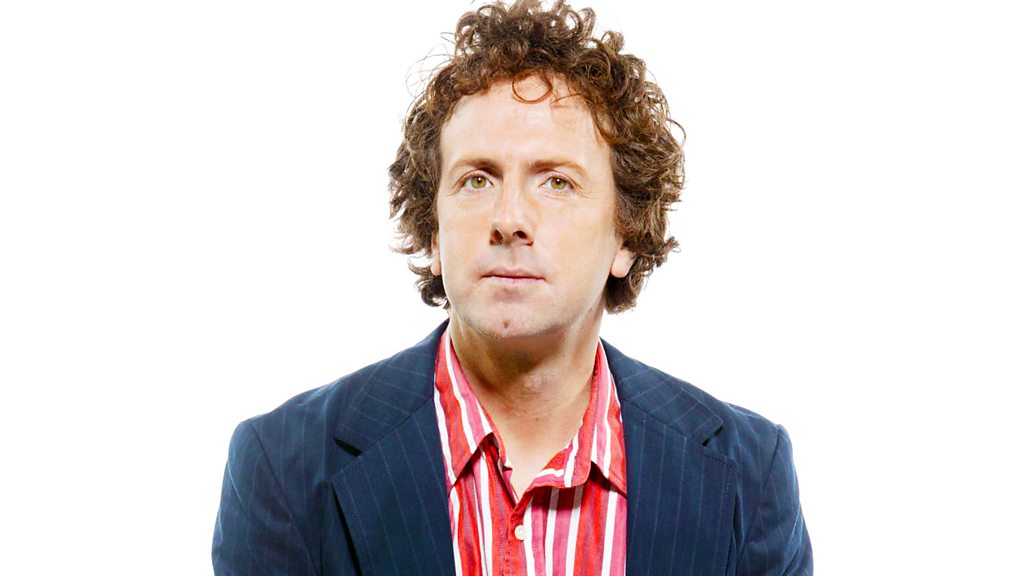Originally posted by ChandlersFord
View Post
'Chandlers Ford', eh? The train used to stop there, on the Ringwood branch line, I think.




Comment